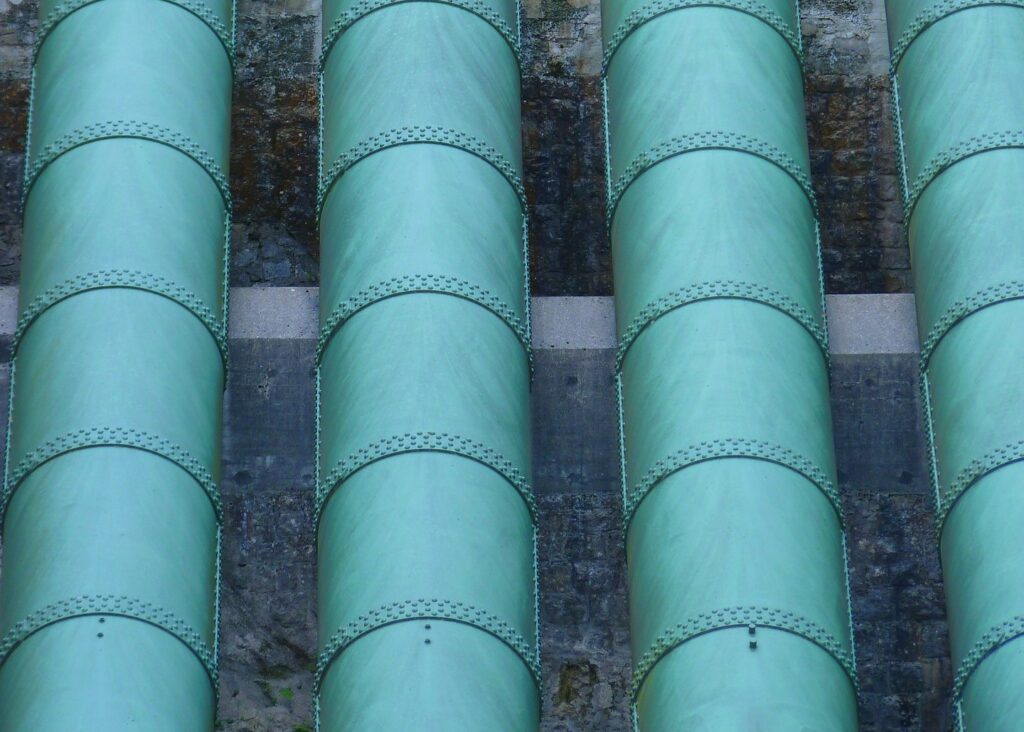The recent inauguration of the liquid natural gas (LNG) pipeline stretching from Wilhelmshaven to Jemgum marks a milestone in Germany’s transition to sustainable energy.
The primary objective of the newly operational pipeline is to lay the foundation for a robust hydrogen network in Germany and beyond. By 2028, EWE plans to repurpose the pipeline to transport hydrogen, positioning it as a pivotal component of the German hydrogen infrastructure. This strategic move aligns with the nation’s ambitious goals to decarbonize its economy and combat climate change.
Constructed with foresight and versatility, the pipeline is designed to seamlessly transition from transporting LNG to handling hydrogen. Termed “built H2-ready” by EWE, the infrastructure is engineered to meet the stringent requirements of hydrogen transportation, ensuring efficiency, safety, and reliability. Green hydrogen, produced from renewable energy sources, will play a pivotal role in advancing climate protection efforts.
The deployment of the hydrogen pipeline holds immense promise in accelerating Germany’s transition to a carbon-neutral economy. By facilitating the transportation of climate-neutral hydrogen, the pipeline will reduce reliance on fossil fuels, cut greenhouse gas emissions, and bolster the nation’s renewable energy sector. The North Sea coast of Lower Saxony emerges as a strategic hub for hydrogen import and production, leveraging its geographic advantage for sustainable energy initiatives.
EWE’s ambitious hydrogen pipeline project has garnered support from governmental bodies, underscoring its pivotal role in advancing the nation’s energy transition agenda.





